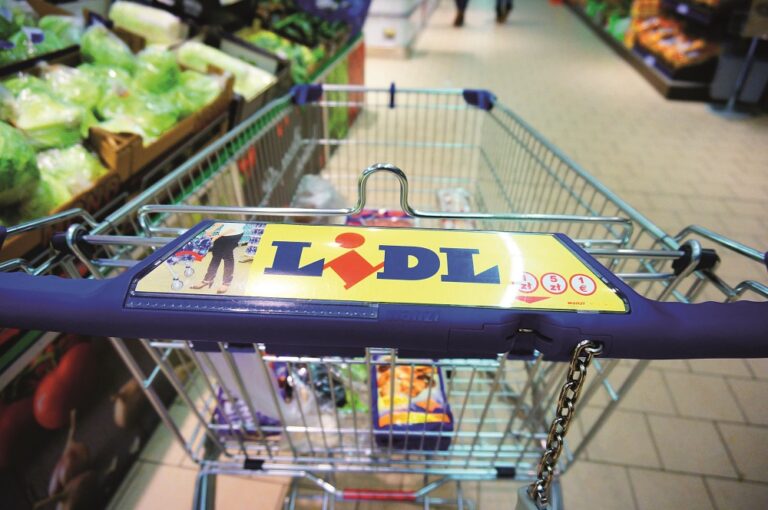The latest figures from Kantar show the grocery market achieved modest 0.3% growth during the past 12 weeks.
Sales of meat substitutes such as soya mince or vegetarian burgers and sausages were 14% higher than January last year, while sales of lentils were up 6%, lettuce 10% and aubergine 14%, as retailers promoted vegan products.
Fraser McKevitt, head of retail and consumer insight at Kantar, said: “Nearly half of people giving up meat and dairy in January did so because they perceive it as a healthy choice. However, the plant-based food boom is not primarily caused by a rise in the number of people following strict vegan diets – vegans still make up just 2% of the population and only 5% of us are vegetarian. Instead the trend is being driven by many people making small changes and trying to eat more plant-based meals and the retailers are responding accordingly.”
Among the individual retailers, Ocado’s market share increased by 0.2 percentage points to 1.4% and Fraser McKevitt comments: “Ocado was once again Britain’s fastest growing grocer with sales 11.2% higher than this time last year. More than half of the online retailer’s sales come from customers in London and the South of England, but its quickest growth is actually found outside of this heartland in the North of England where its sales were 17% higher than the same time last year.”
Lidl also achieved double digit growth, up by 11.1% year on year. McKevitt said: “Branded items account for a small but growing part of the discounter’s sales, with household favourites in cleaning and confectionery contributing to a 19% increase during the past 12 weeks. Meanwhile, Aldi increased sales by 5.7%, growing both chilled ready meals and spirits by 12%. A key factor in the advance of the discounters has been their ability to attract additional shoppers, each welcoming more than 800,000 extra visitors through their doors in the past year, supported by strong store opening programmes.”
Sainsbury’s was again the best performing of the big four retailers as its sales fell by 0.6% and its market share was marginally lower as result. Sainsbury’s now accounts for 15.8% of the market, down from 15.9% at the same point last year. While still declining, Sainsbury’s performance is improving, and online sales were a bright spot – growing by 7% year on year.
Morrisons continued to lose market share, down from 10.6% last year to 10.3% in the past 12 weeks. McKevitt said: “Morrisons is bucking the trend in the overall grocery market, where fewer groceries are being purchased on deal, conducting 47% of its sales through some type of promotion during the past 12 weeks, a 1.3 percentage point increase on last year’s level.”
Asda’s sales declined by 2.2% and its market share fell back to 14.9%. However, its upmarket ‘Extra Special’ range proved popular with customers and achieved double-digit sales growth, expanding most notably in fresh meat, crisps and alcohol.
Co-op continued its run of growth, which stretches back to May 2018, with sales up by 2.7%. The convenience retailer’s share rose by 0.1 percentage points to 6.0%. Meanwhile, Tesco’s market share dropped by 0.4 percentage points to 27.3% and sales were 0.9% lower than a year ago.
Iceland’s sales grew ahead of the overall market at 1.4% and its share held steady as a result. Waitrose’s sales were 1.5% lower than that same period last year and its market share slipped from 5.1% to 5.0%.

pic credit: Lidl
Previous ArticleFrance moves to ban male chick culling
Next Article Agriculture Bill moves a step forward
Chloe Ryan
Editor of Poultry Business, Chloe has spent the past decade writing about the food industry from farming, through manufacturing, retail and foodservice. When not working, dog walking and reading biographies are her favourite hobbies.

